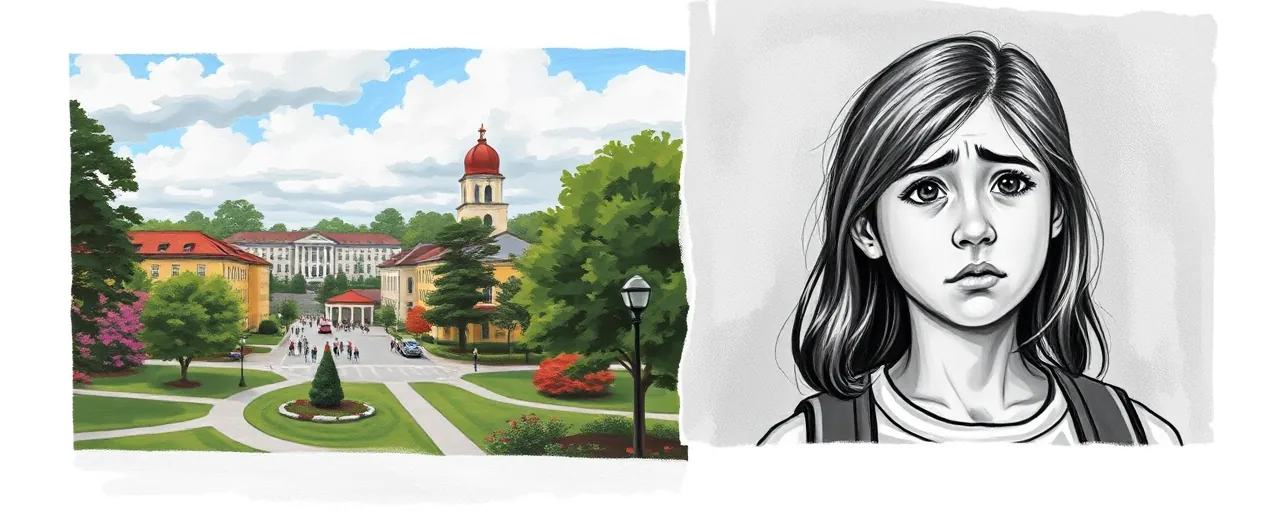A Sudden Chill on Campus
Across U.S. universities, a wave of visa revocations has left international students reeling. Hundreds, including nearly 100 in California alone, have faced abrupt cancellations of their legal status, often with little explanation. The actions, tied to executive orders from the Trump administration, have sparked protests and legal challenges, raising questions about the balance between immigration enforcement and individual rights. For students, the stakes are personal: disrupted studies, financial losses, and uncertain futures.
The controversy centers on policies that appear to target political expression, particularly among students at institutions like Stanford and the University of California. These measures have ignited a broader debate about the rights of non-citizens and the role of universities as spaces for open discourse. As courts weigh in, the ripple effects are felt not just by students but by communities and economies that rely on their presence.
The Legal and Economic Stakes
At the heart of the issue is a legal question: do non-citizens on U.S. soil enjoy the same free speech protections as citizens? Decades of court rulings suggest they do, affirming that constitutional rights extend to 'persons,' not just citizens. Yet, recent actions challenge this principle, with students detained or deported for activities like pro-Palestinian demonstrations. Attorneys general from states like California and Massachusetts argue these policies violate fundamental protections, urging courts to intervene.
Beyond the courtroom, the economic fallout is hard to ignore. International students pumped $43.8 billion into the U.S. economy last year, sustaining over 378,000 jobs. In states like California and New York, their tuition and living expenses fuel local businesses and university budgets. Disrupting their status threatens not just their futures but the financial health of institutions and communities, raising concerns about long-term impacts on innovation, especially in fields like engineering and computer science.
Voices From the Ground
Students caught in the policy’s crosshairs describe a climate of fear. One engineering major at Texas A&M, who asked to remain anonymous, said the threat of visa cancellation has made classmates hesitant to join campus debates. Faculty, too, worry about academic freedom, noting that international scholars often bring unique perspectives that enrich research. University administrators, meanwhile, face pressure to protect students while navigating federal compliance, a tightrope that leaves many feeling powerless.
On the other side, supporters of the executive orders argue they address national security and ensure immigration laws are enforced. They point to the government’s authority to regulate visas and prioritize public safety, though specific threats linked to the revoked visas remain unclear. This tension underscores a broader divide: how to reconcile open discourse with the complexities of immigration policy in a polarized era.
Looking Back, Moving Forward
History offers context for today’s clash. From the Alien and Sedition Acts of 1798 to Cold War-era deportations of suspected Communists, the U.S. has long grappled with balancing free expression and immigration control. Past policies often targeted dissenters, leaving scars on communities and reputations. Today’s visa revocations echo those moments, prompting critics to warn of a chilling effect on global talent and academic exchange.
As legal battles unfold, the human toll remains front and center. Students face not just academic setbacks but emotional and financial strain, often far from home. Universities, local economies, and the nation’s standing as a hub of learning hang in the balance. Whatever the courts decide, the outcome will shape how America navigates the delicate dance of rights, security, and openness for years to come.
